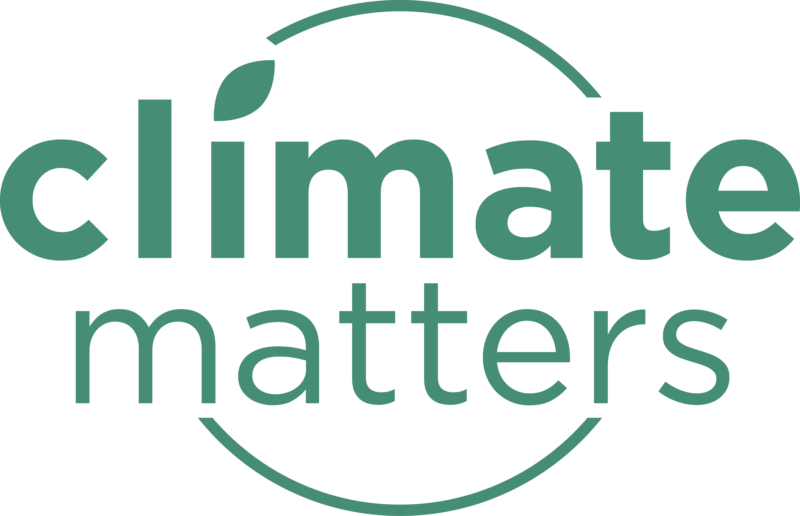Telling the Truth, Uniting Behind the Science – Climate Coalitions and Science’s Place in Society
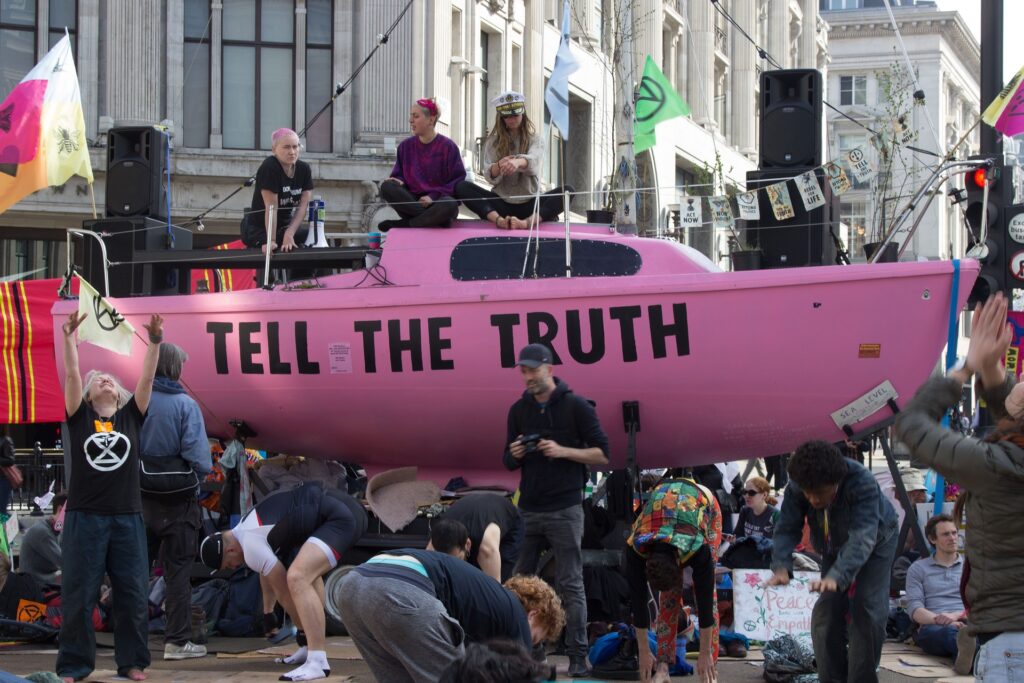
In recent years, a new wave of climate activist groups, such as Extinction Rebellion, Fridays for Future and the Sunrise Movement have reshaped public debates on climate action. In so doing they refer to scientific evidence. But, how exactly do they understand science’s relationship to society? Drawing on documentary evidence, our recent study argues that […]
“Cranky Uncle” – A Game Against Denial

One big question for climate change communication is how to deal with deniers and stop misinformation from spreading. A smartphone game called “Cranky Uncle” teaches players common techniques of denial, such as ‘cherry picking’, logical fallacies, and conspiracy theories. What looks like a funny diversion is actually built upon a scientific theory and developed by […]
Global Climate Change in Local Journalism: How to Make Local Journalists Rethink Their Framing

Not only in photography do choice of angle and frame decide what we see. Photo by Ludovic Charlet, Pixabay. Framing of climate change in local newspapers considerably influences how citizens perceive climate change in their living environment. A master thesis entitled “Global climate change in local journalism” takes a closer look at the main source […]
The Soundtrack of the Climate Crisis – or: „Where are all the Climate Songs?“

Extreme weather events and forest fires have recently pushed the climate crisis up on the news agenda – still, going to the cinema or listening to the radio rarely gets us in contact with the topic. Where are the songs dealing with the climate crisis? In two previous posts, we have written about climate change […]
Nachhaltigkeit geht alle an – drei Beiträge zum Thema Nachhaltigkeitskommunikation
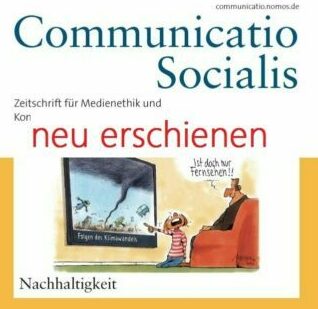
(English summary below) Die aktuelle Ausgabe der Zeitschrift Communicatio Socialis versammelt diverse interessante Beiträge zum Thema Nachhaltigkeitskommunikation. Das Plädoyer darin: Nachhaltigkeit geht alle an, und auch Journalismus und Wissenschaft können sich nicht länger auf einen distanzierten Beobachterstatus zurückziehen. Die Zeitschrift ist leider nicht frei lesbar. Für alle, die keinen Zugang zum Journal haben, sind hier […]
RCP-8.5: Business-As-Usual or Unrealistic Worst-Case? The contested interpretation of climate change scenarios
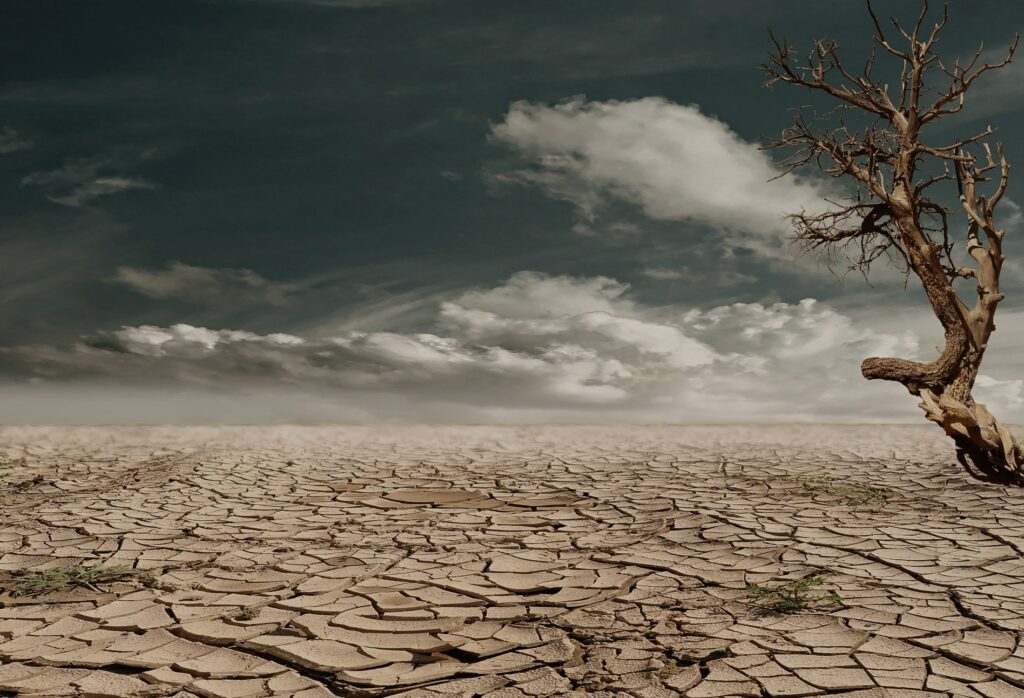
RCP-8.5 is not only the arguably most popular climate change scenario, it is also often framed in a very specific manner: as the business-as-usual trajectory that humanity is on if no climate change policies are adopted. For an academic discipline that actively tries to be policy-relevant, climate science in the context of the IPCC is […]
The Australian 2022 Election: moving in the right direction?

“It’s going to get worse before it gets worse”, summarised Liberal Party pollster Tony Barry on election night. And while the intricacies of the Australian preferential election system still keep the official final outcome open, the devastating defeat of the centre-right alliance, the “Coalition” of the Liberal and National Parties, was already certain.
Why Don’t We Act Now? The discrepancy between climate change awareness and action
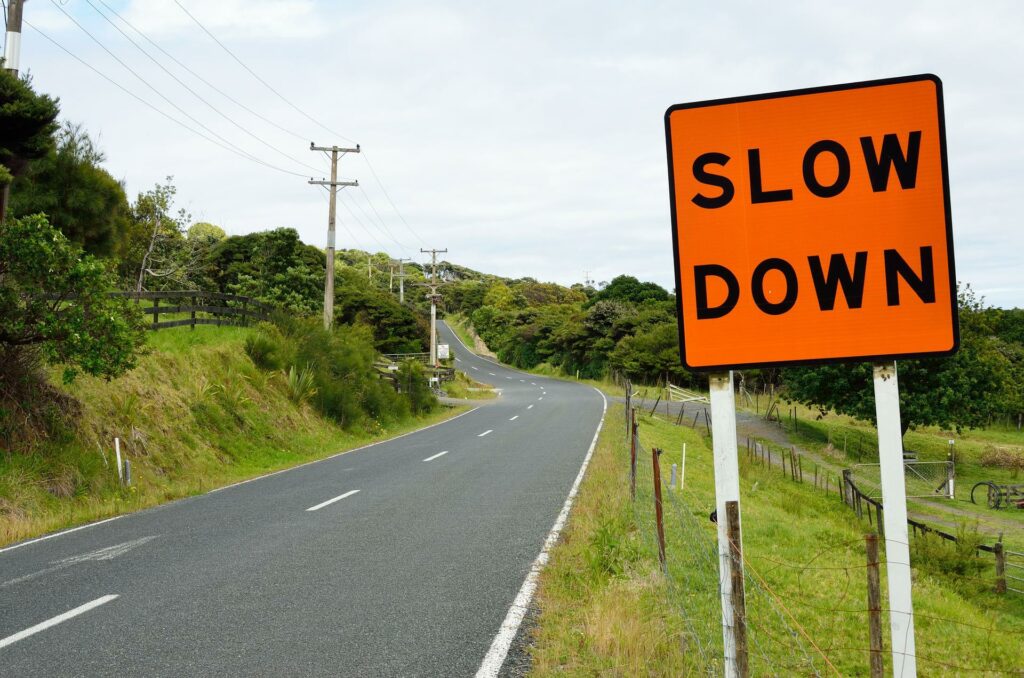
The 6th IPCC Report of Working Group 3 was published just about two months ago, on April 4, and stated once more and in further detail the urgency to mitigate climate change. As known, the Intergovernmental Panel on Climate Change (IPCC) consists of politicians and scientist of the United Nation, grouped in three working groups […]
Kontaktabbruch ist ein Irrweg
Russland pauschal canceln, bringt erst recht keinen Frieden. Das sollte man nicht vergessen. Ein Gastbeitrag. Joe Biden hat Wladimir Putin schon im März 2021 richtig eingeschätzt: He is a killer. Dem gibt es wenig hinzuzufügen. In Deutschland haben viele die russische Regierung falsch eingeschätzt und zu lange auf Appeasement, Gasimporte und zurückhaltende Diplomatie gesetzt und […]
Nord Stream 2: where the climate crisis meets geopolitics
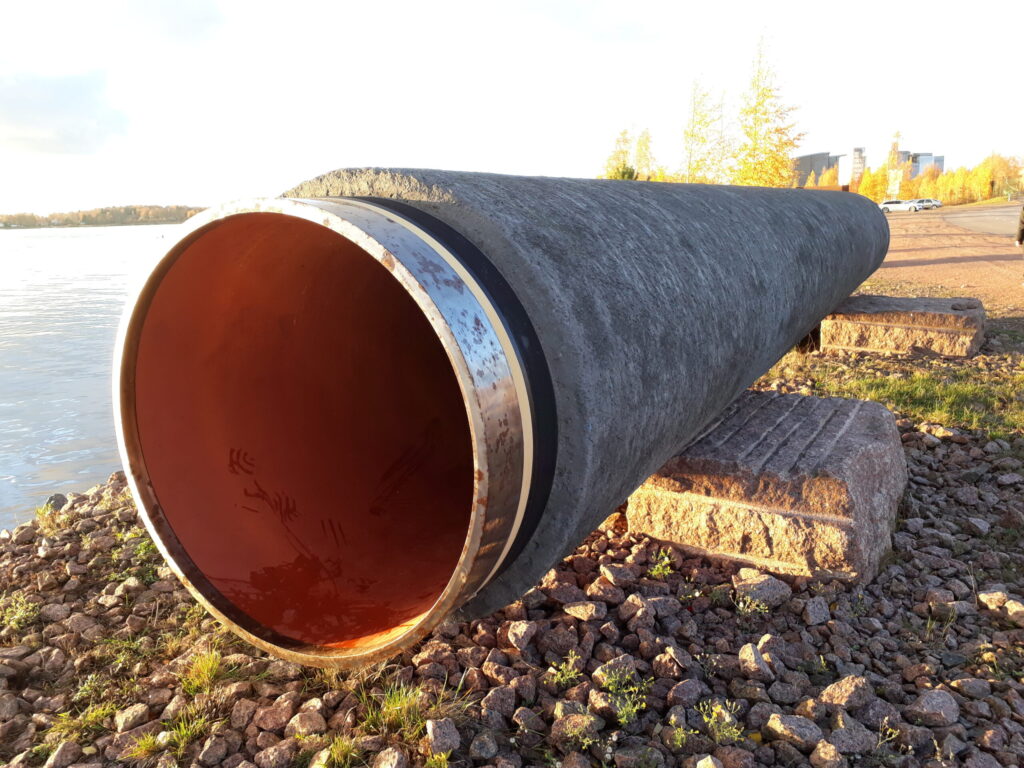
From the get-go, the multi-billion euro investment “Nord Stream 2” has been widely criticized, regarding political independence from Russia, political oppression through Russia, and the climate implications of investing in gas pipelines. When there is an imminent threat of war looming over the horizon it is hard to find clear-cut answers to global issues. This […]
